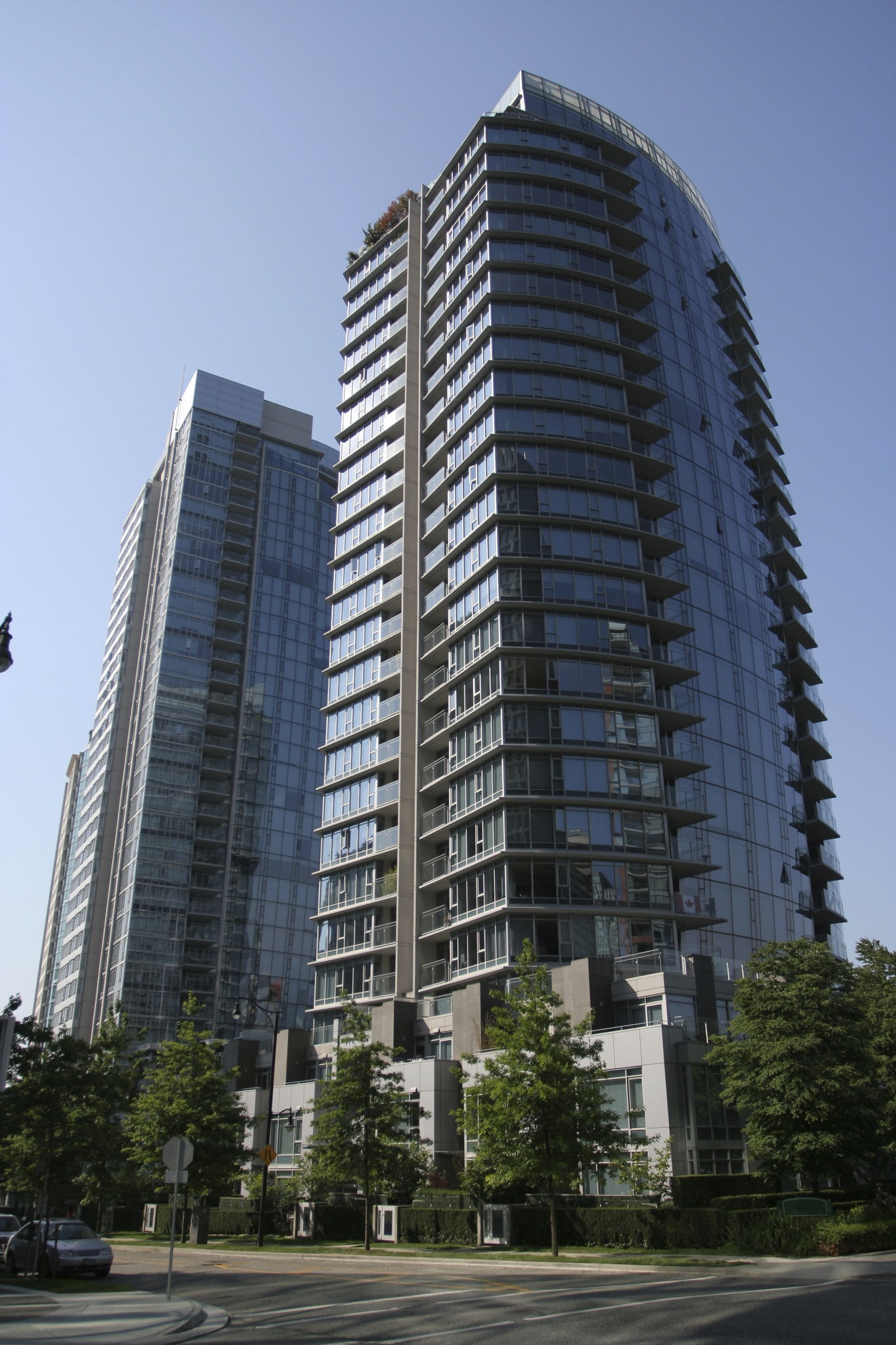Understanding Local Regulations for Multi-Family Properties in Canada
Introduction to Multi-Family Properties
Multi-family properties are an increasingly popular investment option in Canada, offering the potential for steady rental income and long-term growth. However, owning and managing these properties involves navigating a complex landscape of local regulations. Understanding these regulations is crucial for compliance and the successful operation of multi-family dwellings.
In this blog post, we will explore key aspects of local regulations that property owners and investors should be aware of when dealing with multi-family properties in Canada.

Understanding Zoning Laws
Zoning laws are foundational to real estate management, dictating how land can be used in different areas. In Canada, zoning regulations vary by province and municipality, and they determine whether a property can be used for multi-family purposes. Property owners must ensure their buildings comply with these laws to avoid legal challenges or fines.
It's important to consult with local planning departments to understand the specific zoning requirements in your area. These departments can provide valuable insights into permissible uses, building codes, and any potential restrictions.
The Role of Building Codes
Building codes are another critical aspect of local regulations. These codes ensure that properties meet safety standards and are suitable for habitation. In Canada, building codes are designed to protect residents by enforcing standards for construction materials, structural integrity, fire safety, and accessibility.
Property owners should familiarize themselves with both national and provincial building codes, as they may differ across regions. Adhering to these codes not only ensures compliance but also enhances the safety and marketability of your property.

Tenant Rights and Landlord Obligations
Operating a multi-family property also involves understanding tenant rights and landlord obligations as outlined in local regulations. Each province in Canada has its own Residential Tenancies Act, which governs the relationship between landlords and tenants.
- Tenants have the right to a safe and habitable living environment.
- Landlords must provide necessary repairs and maintenance promptly.
- Eviction procedures must follow prescribed legal processes.
It is essential for landlords to be familiar with these acts to manage their properties effectively and maintain positive relationships with tenants.
Environmental Considerations
Environmental regulations play a significant role in managing multi-family properties. These regulations are designed to minimize environmental impact and promote sustainable practices. Property owners may need to consider waste management protocols, energy efficiency standards, and water conservation measures.
Many municipalities offer incentives for adopting green building practices, which can be advantageous for property owners looking to reduce operational costs and attract environmentally conscious tenants.

Navigating Regulatory Changes
The regulatory environment for multi-family properties is dynamic, with frequent updates and changes. Staying informed about these changes is crucial for compliance and strategic planning. Property owners should regularly review updates from municipal planning departments, industry associations, and legal advisors.
Engaging with local real estate forums and networks can also provide valuable insights into emerging trends and regulatory developments. By staying proactive, property owners can adapt quickly and ensure their operations remain compliant.
Conclusion
Understanding local regulations is a vital component of successfully managing multi-family properties in Canada. From zoning laws to tenant rights and environmental considerations, a comprehensive knowledge of these areas will help property owners navigate the complexities of the real estate market.
By keeping abreast of regulatory changes and maintaining open communication with local authorities, property owners can ensure their investments remain profitable and compliant with all legal requirements.